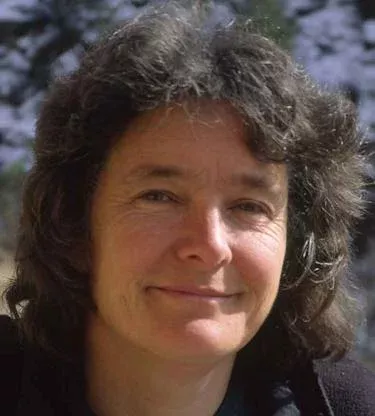Think Global, Act Local: Demographics of the Space Sciences
Think Global, Act Local: Demographics of the Space Sciences
Abstract: Over the past 30 years I have been following how the demographics of our field has changed. This is probably why I got roped into running a study for the National Academy of Sciences on Increasing Diversity and Inclusion in the Leadership of Competed Space Missions. I have gathered data from various surveys - locally at my University to US statistics gathered by the American Institute of Physics' Statistical Division to international numbers of education and workforce production. I guess it is the scientist in me. But I also find that the numbers can challenge our assumptions about what is shaping the demographics of our field. In this regard, it is useful to look at the demographics of scientific fields in different countries. Which country would you guess to have the highest percentage of PhDs in physics awarded to women? It’s probably not a country that comes to mind. Then there is the usual assumption that the numbers must be getting better with time. But what has been going on for the past 15 years that has caused the percentage of US bachelors awarded to women to drop from nearly 24% down below 20%? Why has the percentage STEM degrees for Black/African Americans remained at percent or few? These studies have provoked some thoughts of what individuals and departments can do locally to assess their situation and to begin to stem the leak of women - and other underrepresented communities - from the STEM career pathway that winds up to leading a space mission.
